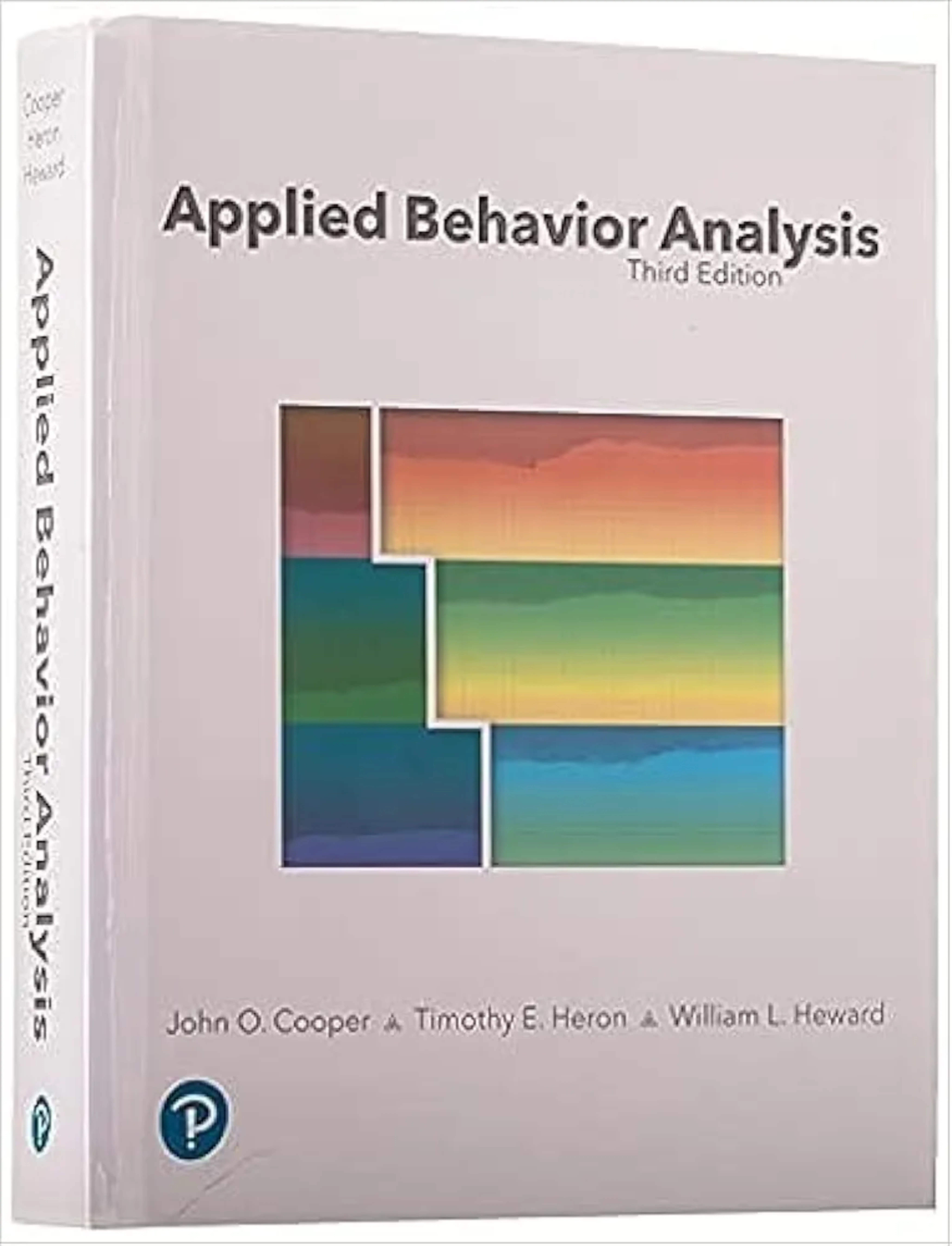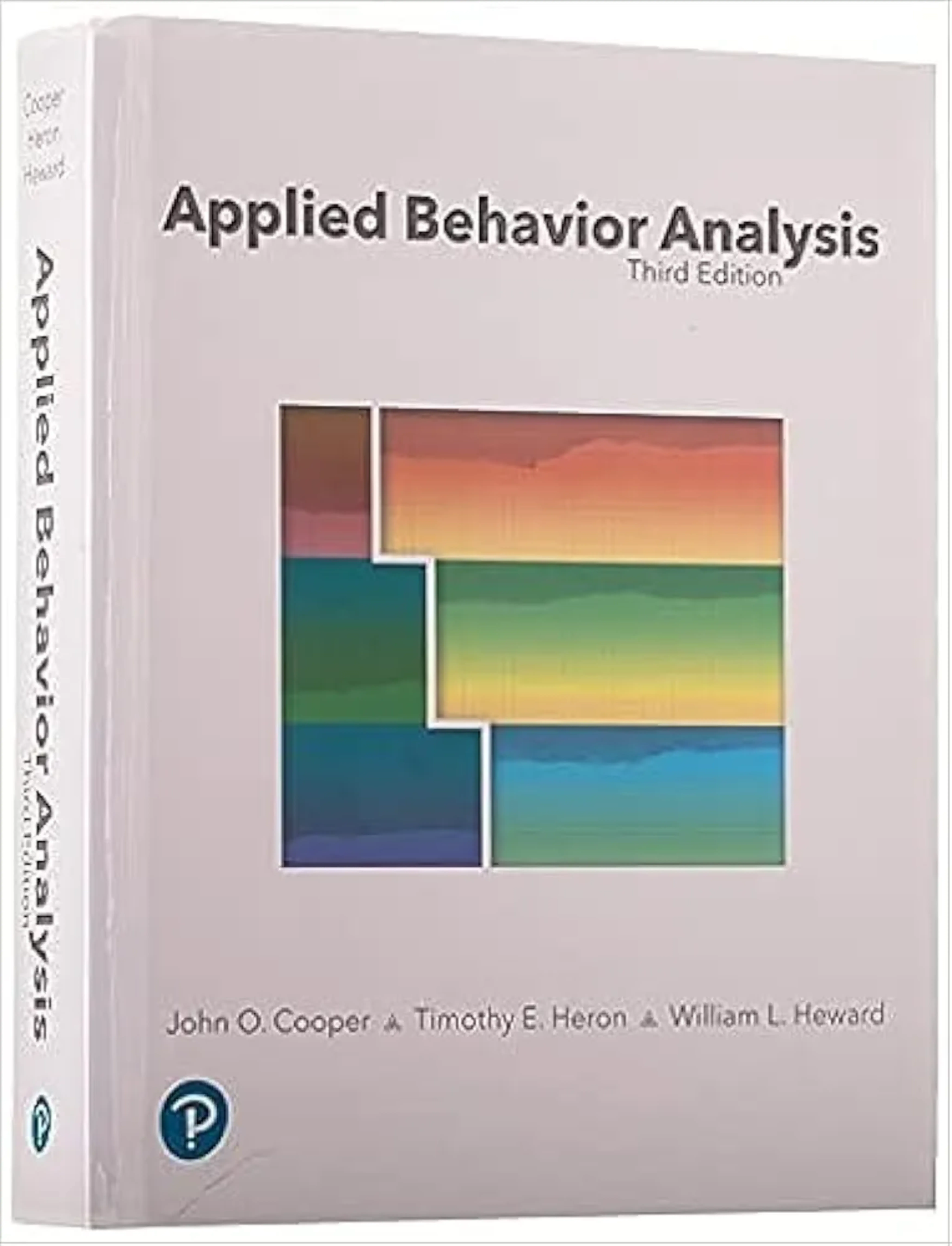



Applied Behavior Analysis 3rd Edition
Applied Behavior Analysis (ABA) is a scientific discipline that applies principles of learning and behavior to bring about meaningful changes in behavior. While the 3rd edition of "Applied Behavior Analysis" by Cooper, Heron, and Heward is a comprehensive textbook on ABA, it does not specifically focus on deception. However, ABA techniques have been applied to understand and teach aspects of deception in various contexts.
Teaching Deception to Autistic Individuals
Research has explored using ABA to teach socially adaptive forms of deception to autistic individuals. A study taught four autistic children and adolescents to use deception to play friendly tricks on others. The intervention included multiple exemplar training, rules, modeling, practice, and feedback, and was successful for all participants, with generalization to novel tricks.
Detecting Deception
ABA principles have also been applied to detect deception, particularly in forensic settings. The "Forensic Distortion Analysis (FDA-5)" model outlines methods for identifying malingering and deception, providing guidelines for evaluators to detect distortion.
Criticisms and Ethical Considerations
ABA has faced criticisms, particularly from the neurodiversity movement, which argues that some ABA practices may encourage masking of autistic traits, potentially leading to negative mental health outcomes. Concerns have also been raised about the methodological rigor of ABA research and the ethical implications of certain interventions.
In summary, while the 3rd edition of "Applied Behavior Analysis" may not specifically address deception, ABA techniques have been applied both to teach adaptive deception skills and to detect deception in various contexts. These applications highlight the versatility of ABA, while also underscoring the importance of ethical considerations in its practice.(Total pages :- 908)








